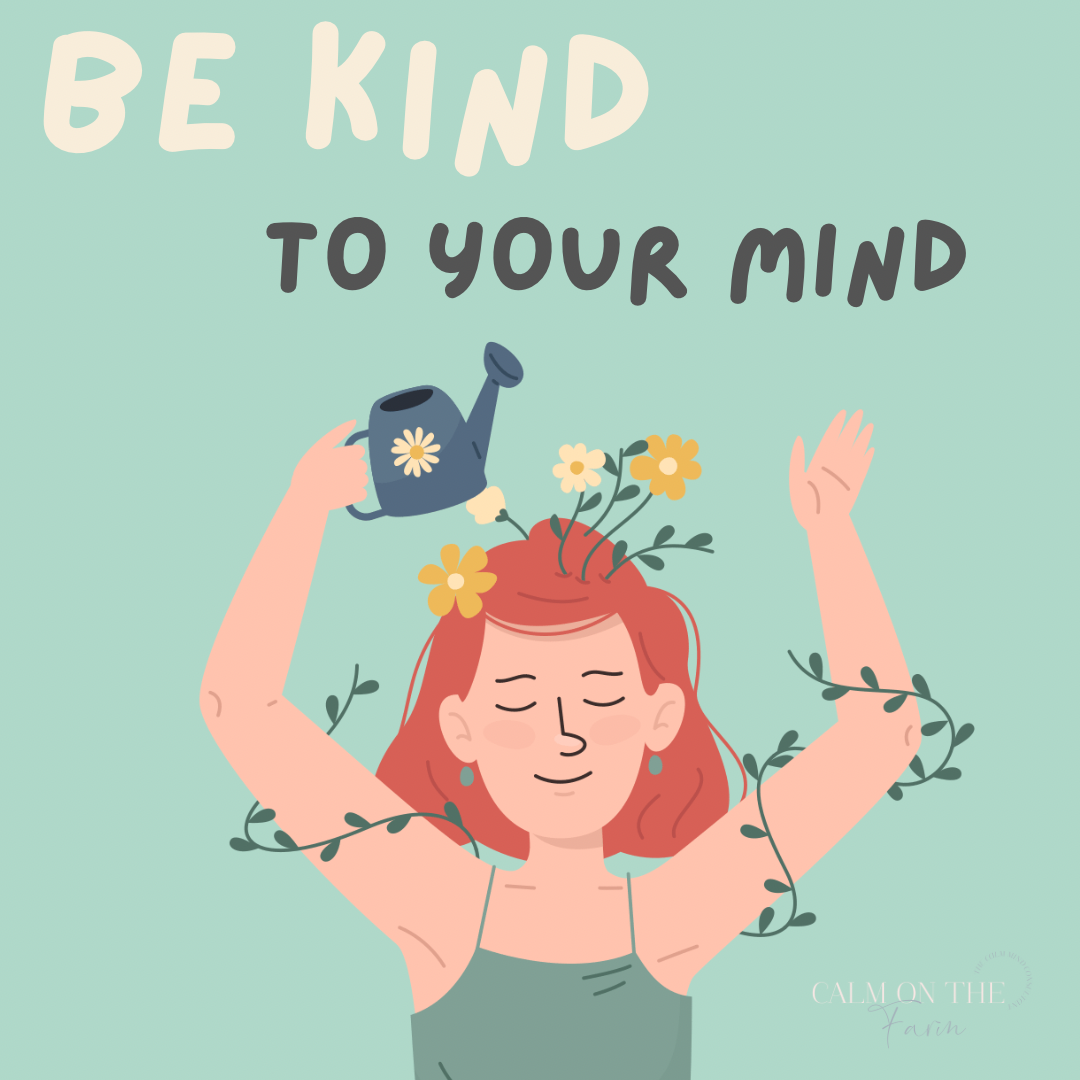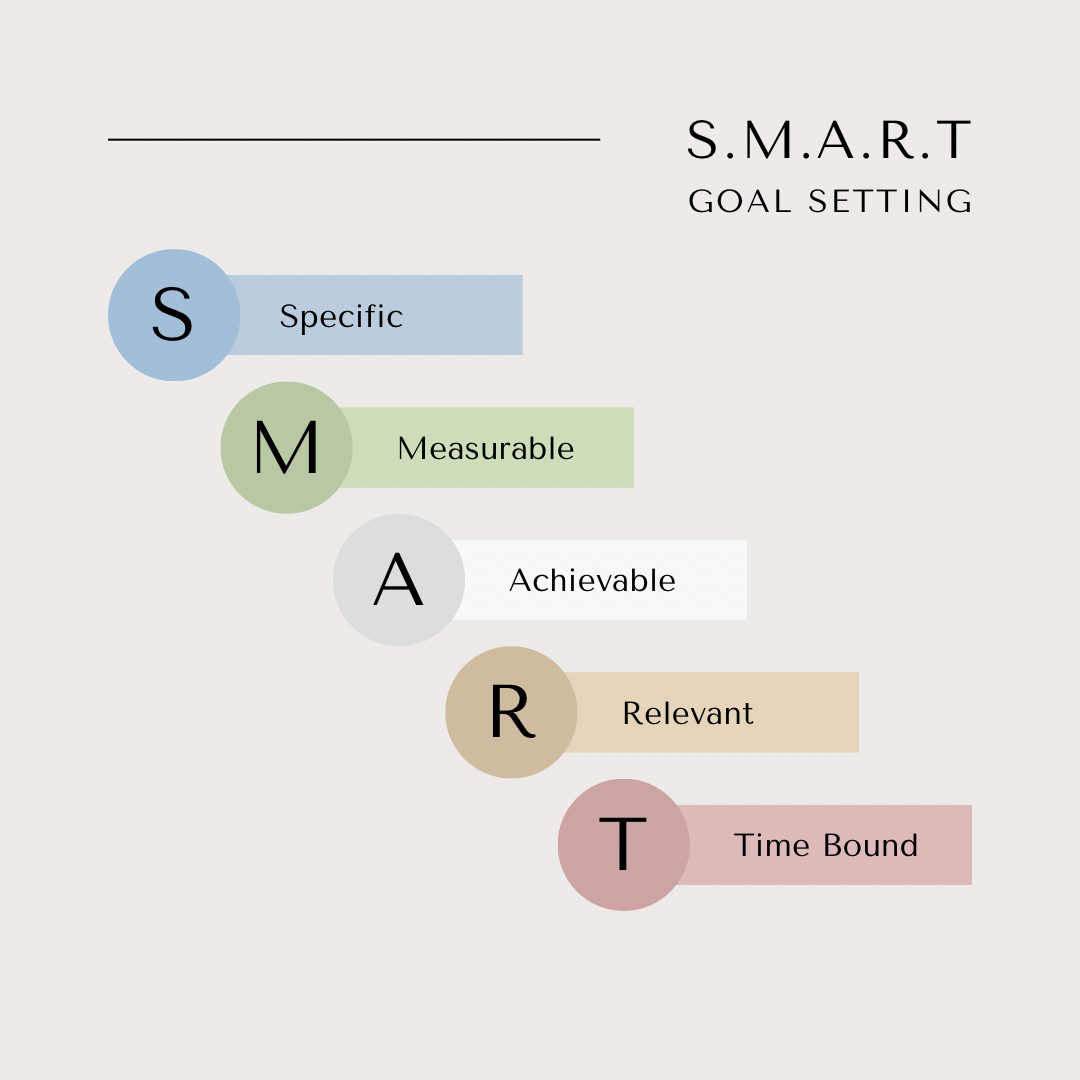
As we head into a new year, a fresh start and a new opportunity, there is a temptation to use the New Year to make a change. Or that is certainly what we plan to do. These thoughts of change, rules, restrictions, and limitations can often result in overwhelm, especially if those goals are too big or difficult to reach… and I have been guilty of this too. This results in too many people finding that they haven’t succeeded in giving up alcohol, losing weight, stopping smoking, going to the gym, etc… and go back to their old lifestyle once more. So, how can people make and keep their resolutions and reduce that feeling of overwhelm or failure?
Firstly, many resolutions fail because they are based on what someone else (or society) is telling you to change rather than what you feel you want to change. They are too vague or you don’t have a realistic plan for achieving your resolution. The goal should be SMART otherwise it will become difficult to achieve, counterproductive to our well-being and unsustainable.
A person’s chances of success are greater when they channel their energy into changing just one aspect of their behaviour. Creating small steps of change, which our brain likes and finding the why behind the goal. Setting small, personal targets helps our brain as it likes structure, familiarity and routine. Also, people are more likely to keep resolutions if they can form new habitual behaviours. Motivation is not enough to drive change, it requires constant repetition, which our brain likes, to give that reward, a release of dopamine, which is essential for habit formation. A cue will trigger the behaviour and the behaviour gives us a reward, which then gives us enough motivation to repeat that behaviour. Motivation in itself, is not enough to drive change. It’s also important to plan for what you want to achieve, identify any obstacles that you’ll meet, and identify solutions to move forward.
Finally, it is also very important to remember to be kind to yourself. For many people the biggest obstacle to new habit forming is self-criticism. Studies show that self-criticism is correlated with less motivation and worse self-control, in contrast with being kind or supportive to yourself, as you would to a friend – especially when confronted with failure. Talk to yourself like you would talk to your best friend. Your brain cannot tell the difference between imagination and reality, so if your self-talk is negative, then this will increase the stress hormones in your body and make you feel stressed and overwhelmed. Thinking positively helps you to remain in your intellectual brain, when you are rational, and have focus and control over your life.
Whatever you set as your goal, solution-focused hypnotherapy can help you to achieve it.
Tania Beales
Holly Blue Hypnotherapy
Clinical Solution Focused Hypnotherapist & Psychotherapist
Sandbach, Cheshire and Online.
http://www.hollybluehypnotherapy.com/



